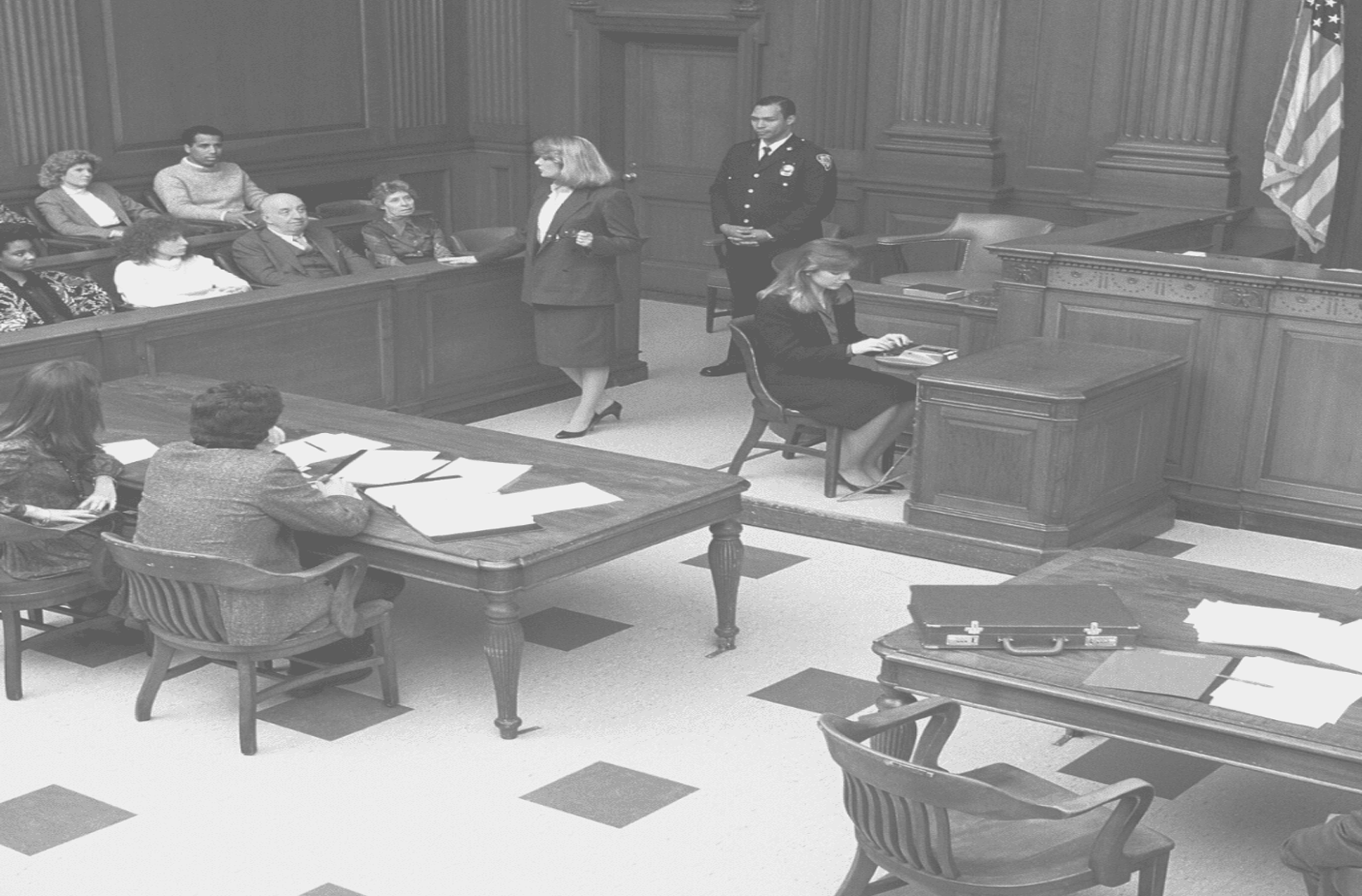I've Been Arrested
If you’ve been arrested, lots of thoughts are likely racing through your mind. Police should have read you your Miranda rights. Now you’re wondering whether you should answer their questions. You’re also wondering whether you need a lawyer. And you’re wondering what’s going to come next. How to Justice works with experts and justice-impacted people like you to help answer those questions.






